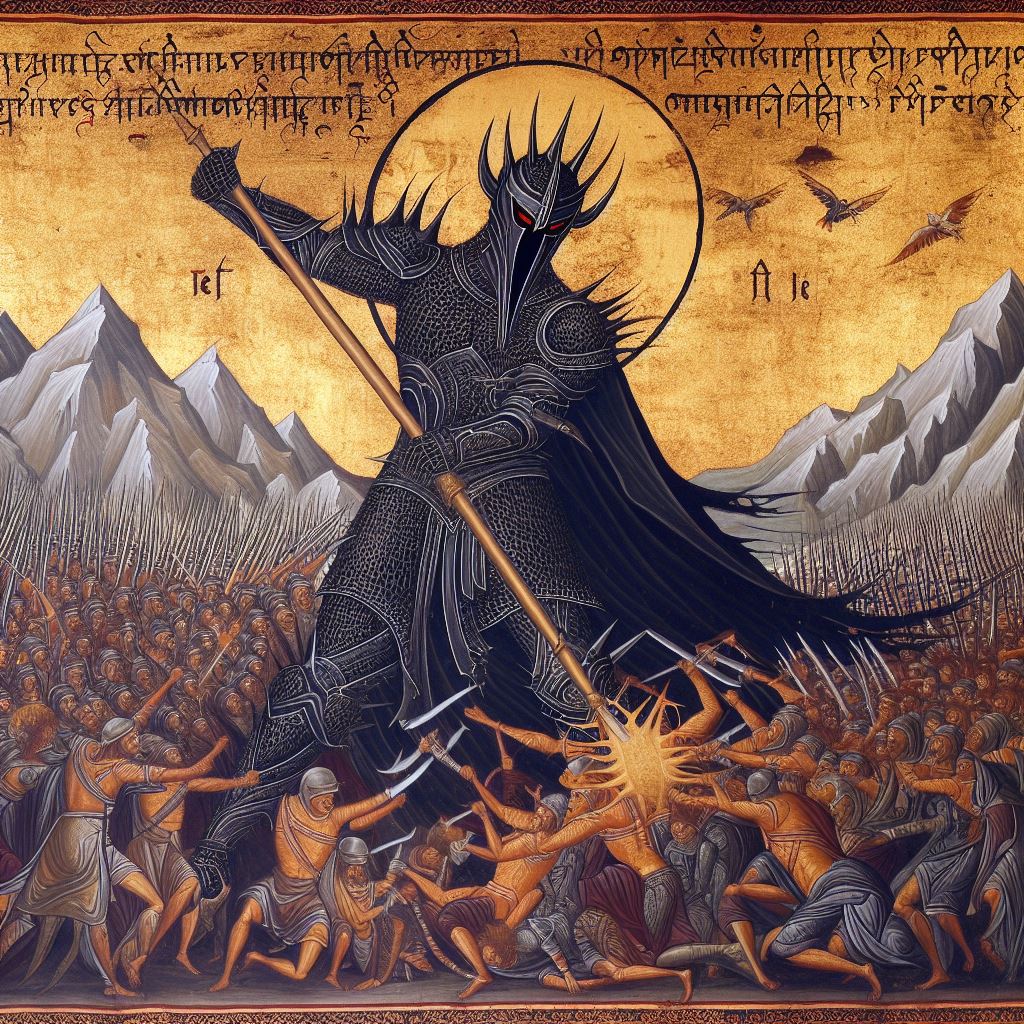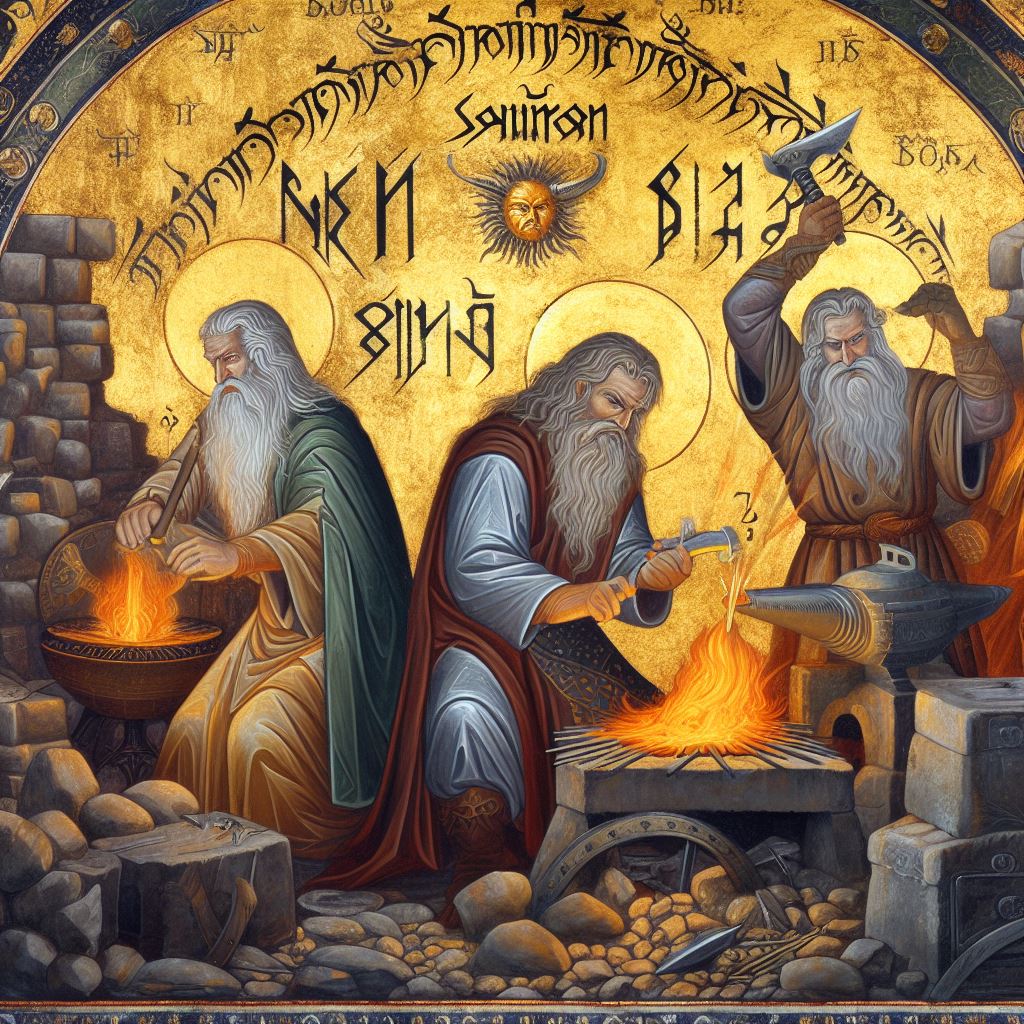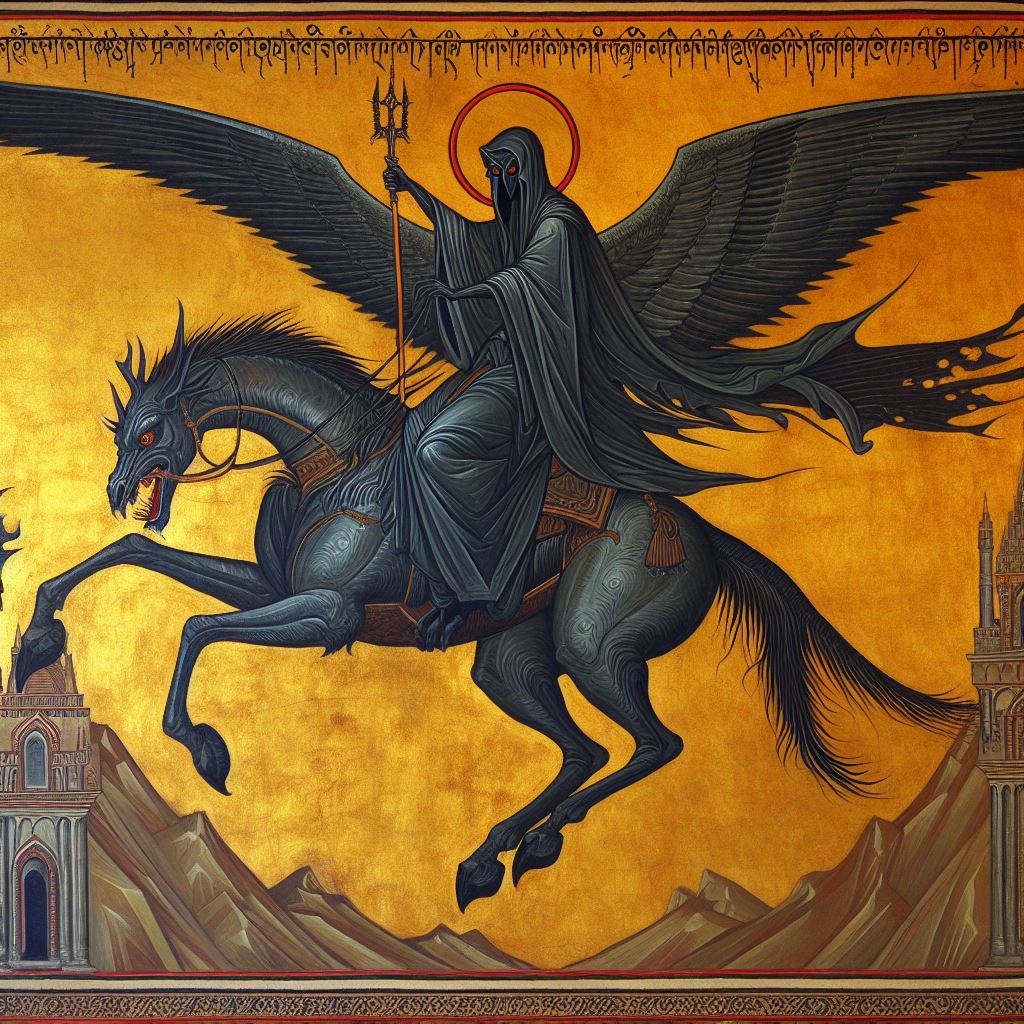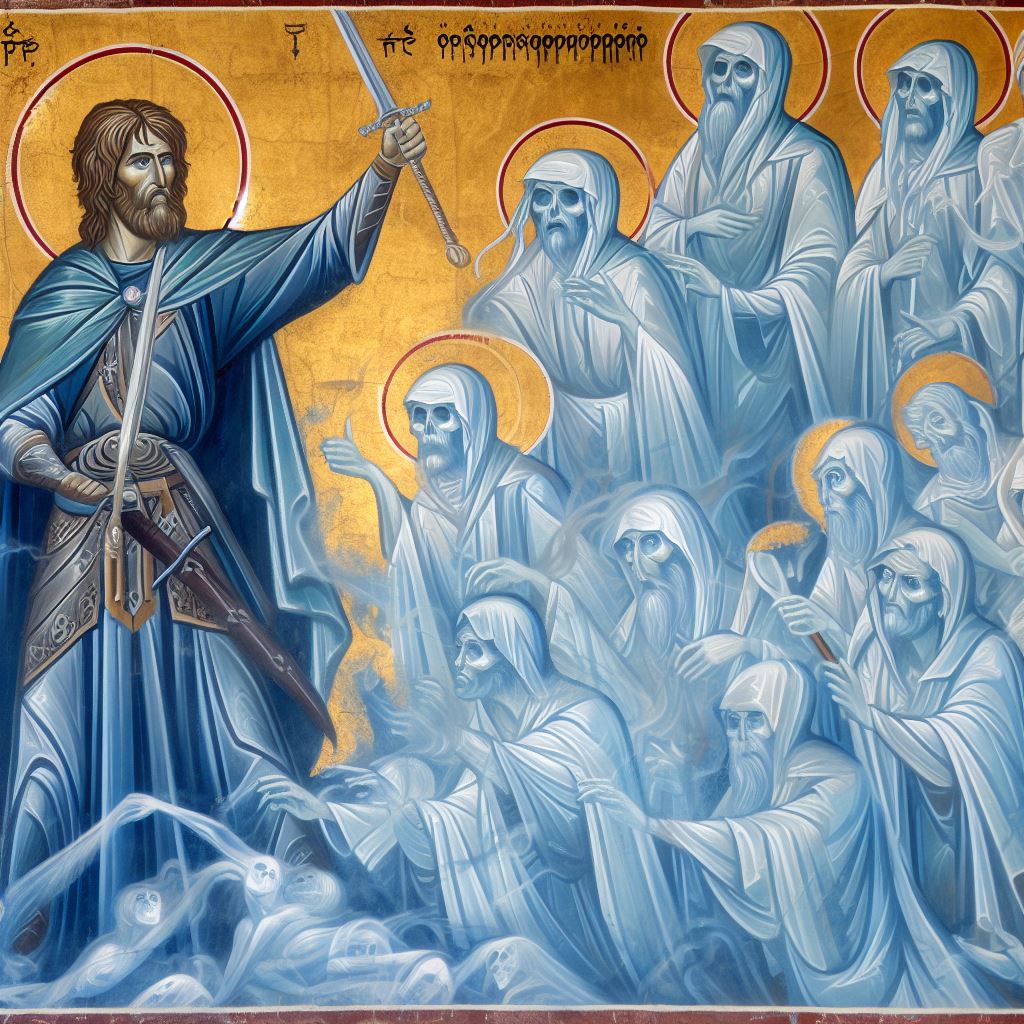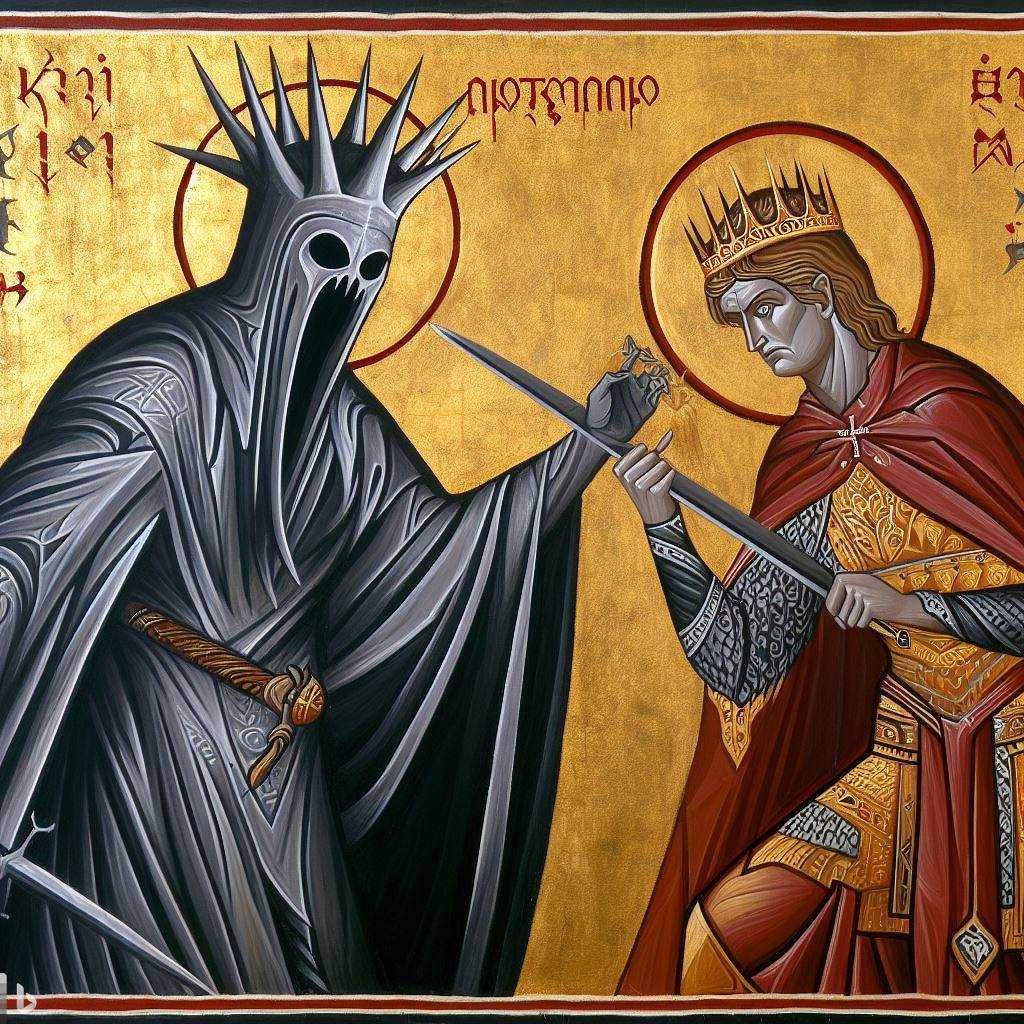True Tolkien aficionados and art historians will find much to be annoyed about. But Στέλιος Καρέλλας on FB had AI render scenes from Lord the Rings as Byzantine mosaics, and I think it's glorious.
1. Gandalf VS Balrog
1. Gandalf VS Balrog

• • •
Missing some Tweet in this thread? You can try to
force a refresh

 Read on Twitter
Read on Twitter
